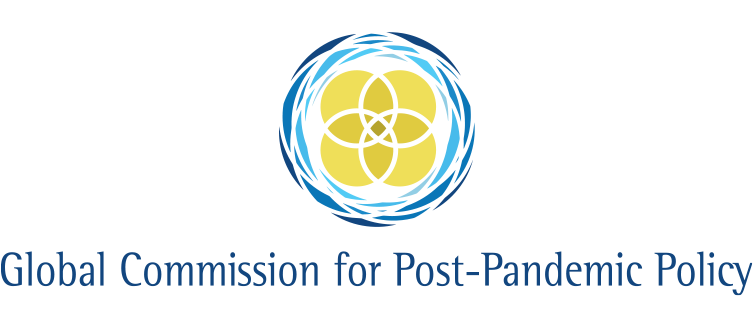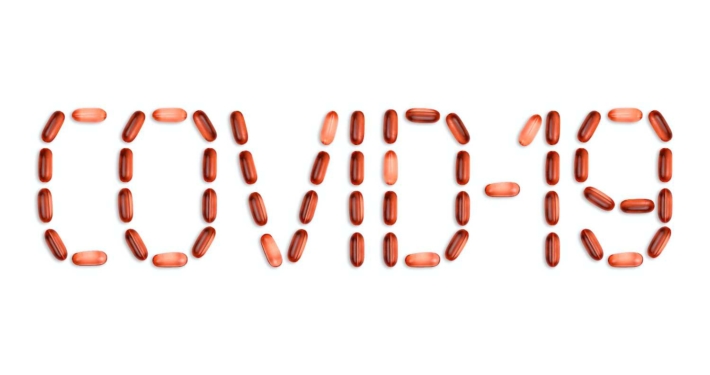The Pandemic, week to Dec 23rd 2020
Health
In the United Kingdom a new strain of SARS-CoV-2––the virus responsible for COVID-19––has been identified by genomic analysis. It is characterised by a mutation altering the spike proteins on the virus molecule’s surface, which allow the virus to bind to cell receptors on host cells. This new strain is thought to be more infectious than other strains, but does not appear to cause more severe disease.
In South Africa a different novel strain––one that appears to have developed the same spike protein mutation independently––has also been identified. The strain appears to be driving a new wave of infections in the country, but––unlike the novel British strain––the South African variant is associated with more severe presentations of COVID-19 in young adults.
In response to the new strain, countries around the world placed restrictions on travel to and from Britain, including many European neighbours. Ireland blocked passenger travel on flights and ferries, but permitted hauliers to travel by ferry. France initially blocked both hauliers and passengers, but then opened the borders again to permit transit by drivers who have passed a COVID-19 test. The huge backlog of trucks on British and French roads is likely to take many days to clear.
Many European countries instituted new and often tighter lockdowns and other restrictions on movement. Britain placed the London area under tight restrictions for the Christmas period, just days after denying that this was a possibility. The Netherlands introduced its first tough restrictions of the year, while the King of Sweden stated that his country’s anti-lockdown approach “has failed”.
In the United States, the US Food and Drug Administration (FDA) gave emergency-use authorisation to the Moderna vaccine. With an efficacy in trials of 94%, the vaccine is as effective as the already-approved Pfizer-BioNTech vaccine, but can be stored at less cold temperatures: -20°C as opposed to -70°C. The European Union’s drugs regulator, the European Medicines Agency, joined the UK and US by authorising the Pfizer-BioNTech vaccine. A co-ordinated programme of inoculations in the EU is expected to begin on December 27th.
This week, freshly reported cases of COVID-19 continued to rise globally. On December 17th, the seven-day rolling average of new global infections––which had declined steadily all of the previous week––reached a new record high of 647,446 new cases per day.
The number of new COVID-19 deaths recorded daily also broke new records. On December 15th, there were 14,086 newly recorded deaths. The rolling seven-day average then continued to climb.
This year will see the highest number of deaths in United States history, with preliminary numbers suggesting the total will exceed 3.2 million, more than 400,000 higher than for 2019. Of those, by December 23rd 320,000 had been directly caused by COVID-19.
In Europe, infections have started rising steeply again. This has been driven by the dramatic increase in infections in the United Kingdom and steadily rising case numbers in France and Germany. In Sweden, Denmark, the Netherlands and the Czech Republic cases continue to rise. In the Balkans, per capita infections remain high but have begun to trend down. In the Baltic states, per capita case rates remain high and continue to increase apace, especially in Lithuania.
In the United States, case numbers have continued their upward climb. The current driver being is an escalation in infection rates in California and more subdued increases in Texas, New York and Florida. In the American Midwest, case rates have begun to decline markedly. That slack has been picked up by the deteriorating situation in the Sunbelt––especially in Tennessee and Arizona, and to a lesser extent in North and South Carolina, Alabama and Georgia.
On a per capita basis, Latin America’s caseload is trending up, especially in Panama, Colombia, Chile and Uruguay. In the Middle East, Africa Asia and Oceania, caseloads largely remain low and stable, with some notable exceptions. In particular, the situations in South Africa and Namibia have begun to deteriorate markedly, with a further spike in per capita case rates this week associated with the country’s new virus strain.
Economy
After the United States Congress reached agreement on a new $900 billion fiscal stimulus package, President Donald Trump weighed in, criticising the package as being “wasteful” but nevertheless too limited, despite it having been agreed by his own Treasury Secretary, Steven Mnuchin. President Trump pressed for stimulus cheques to be $2,000 rather than $600 and for bigger tax breaks for the hospitality industry.
The International Monetary Fund (IMF), approved the release of $1.67 billion to Egypt after the IMF Executive Board’s first review of an economic reform package agreed to in June. Egypt’s high levels of public debt and its substantial financing needs leave the country vulnerable to volatility in global financial conditions. The funds will help shore up the Egyptian economy in the face of greater global volatility caused by the second wave of COVID-19 infections.
In Japan, the government Cabinet Office raised its growth forecast for real GDP for the fiscal year starting April 2021 from 3.4% to 4.0%, which would be Japan’s fastest annual growth since 1995. The upgrade was underpinned by the government’s third supplementary budget, approved last week, which funds a $708 billion stimulus package to drive the country’s recovery from its COVID-19-induced slump. However the popularity of the cabinet of Prime Minister Yoshihide Suga has continued to dive, thanks to rising COVID-19 case rates and accusations that he broke his government’s own guidelines by attending political dinners.
In the United States, the Federal Reserve issued its fourth and final Summary of Economic Projections for 2020. The forecast for the US economy improved from -3.7% to -2.4% for the year. The economy is expected to grow 4.2% in 2021. The Federal Open Market Committee otherwise affirmed its commitment to continue purchasing at least of $120 billion in treasury bonds each month until further progress has been made toward the committee’s employment and inflation targets.
The US Department of Labour published its weekly unemployment insurance claims data for the week ending December 19th: seasonally adjusted initial claims totalled 803,000––89,000 fewer than the previous week’s revised figure of 892,000, but still leaving a high four-week average. That same trend was mirrored by the Department of Commerce’s November retail sales data. With sales declining 1.1%, November marks the second straight month in which sales have declined.
Politics
China’s vaccine diplomacy gathered pace, as the United Arab Emirates and Bahrain became the first countries outside China to authorise use of a Chinese COVID-19 vaccine. China’s Sinopharm vaccine appears to have an efficacy of 86 percent, slightly less than the efficacy of the Pfizer and Moderna vaccines, although full data has not been published. The vaccine, however, is relatively cheap and can be stored at refrigerator temperatures––a big advantage in developing nations. Stocks of Chinese vaccines have already been delivered to Indonesia and Egypt.
Hungary hit back at the landmark €1.8 trillion budget-and-recovery package agreed by European Union governments over their objections and those of Poland. The countries took issue with a measure that requires member states to uphold democratic standards and the rule of law to access the EU’s billion-euro emergency coronavirus relief package. This week the Hungarian Parliament immediately passed sweeping measurescurtailing the rights of gay citizens, relaxing oversight of public spending and making it more difficult for opposition parties to challenge Prime Minister Viktor Orban.
GCPPP Newsletter
We now publish a weekly newsletter to inform friends and supporters of the Global Commission’s progress and to provide updates when new content is published. Please sign up here:


 Volodymyr Hryshchenko, Unsplash
Volodymyr Hryshchenko, Unsplash
 Adam Nieścioruk, Unsplash
Adam Nieścioruk, Unsplash
 visuals, Unsplash
visuals, Unsplash


 Photo by SAUL LOEB/AFP via Getty Images
Photo by SAUL LOEB/AFP via Getty Images